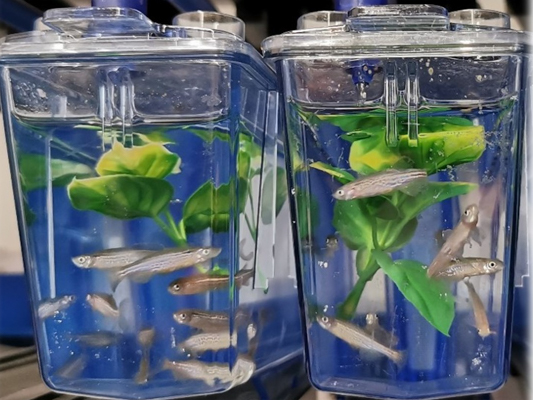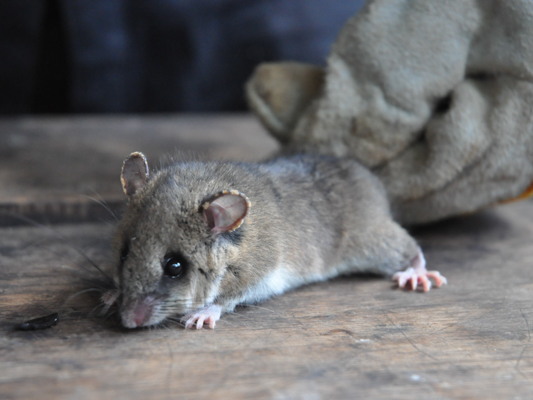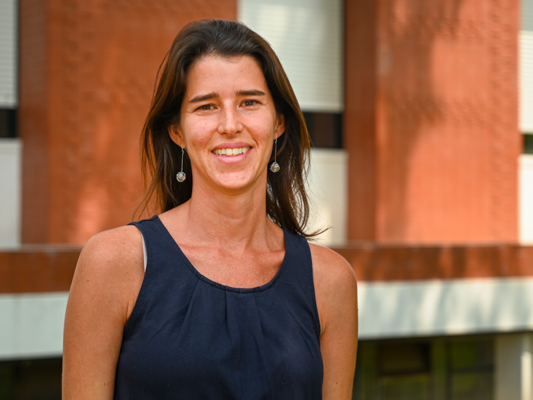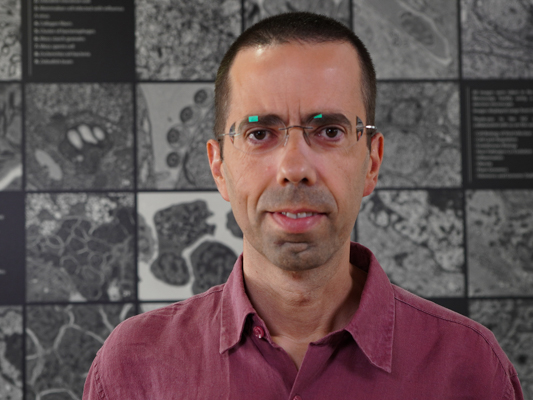
Molecular neurobiology
The main goal of the research group is to understand how global programmes of gene expression are regulated during vertebrate neurogenesis.
Along the neuronal lineage, an intrinsic programme that relies on the activity of transcription factors and the epigenetic landscape coordinates the progression of progenitors throughout distinct cellular stages.
Such intrinsic programme integrates information from local extracellular signals (e.g. through cell to cell contact) or from long range cues (e.g. secreted factors), resulting in the progression of a coherent programme of cellular differentiation that requires governing the expression of a large number of genes.
In order to understand the regulatory logic of neurogenesis, they focus the studies on proneural transcription factors (e.g.Mash1/Ascl1) that function as master regulators of neurogenesis by coordinating the various components of the differentiation programme.
Researchers investigate how Ascl1 interacts with the chromatin landscape and other transcriptional networks, in particular the Notch pathway. In addition, they are also interested in understanding how key transcriptional networks that underlie neural stem cell function are hijacked during tumorigenesis.
In this context researchers use cancer stem cell models of Glioblastoma Multiform, the most frequent and aggressive of brain tumours. In our research we use a multidisciplinary approach, combining mouse genetics, genomics and stem cell biology techniques.
Publications




